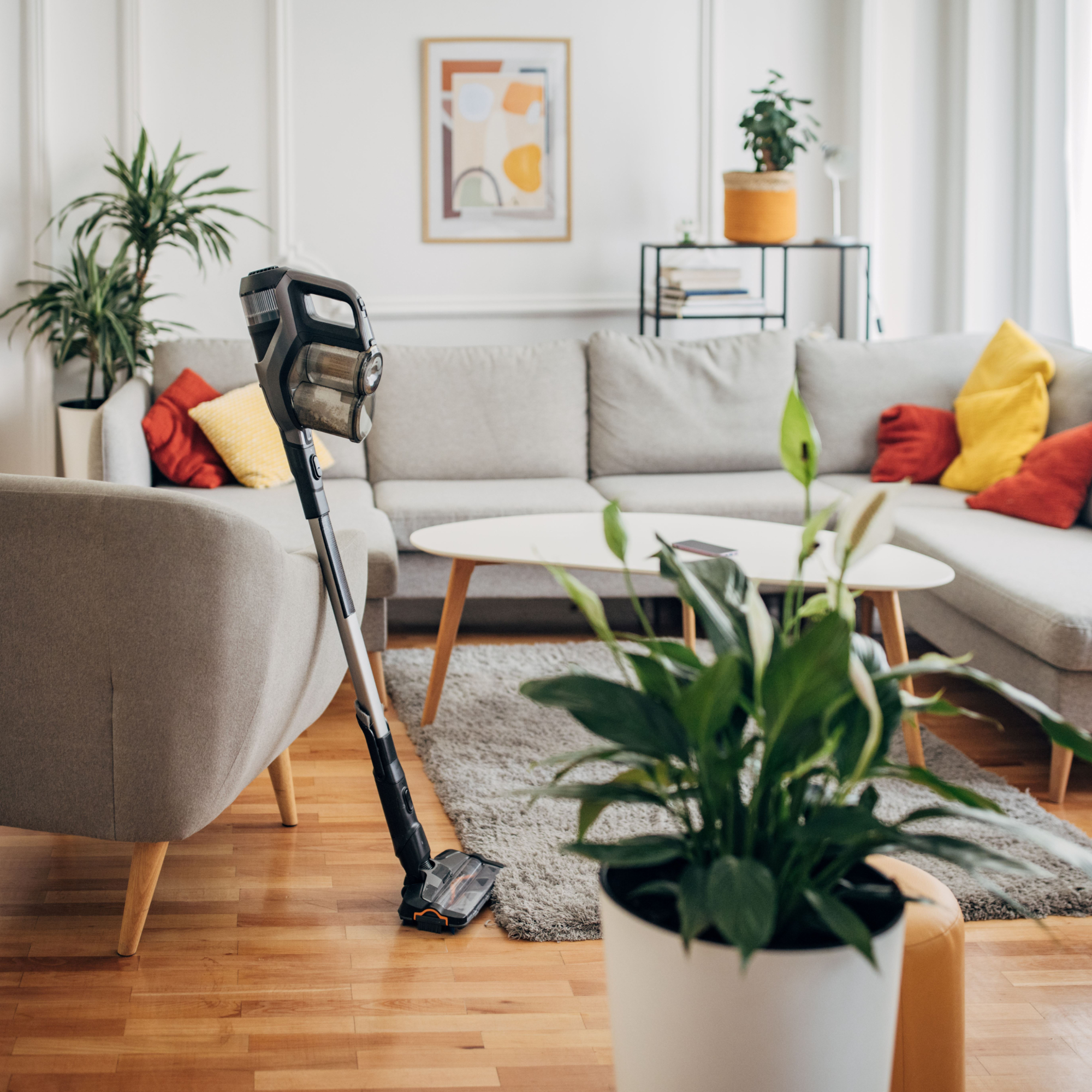
If your old vacuum is on its last legs or you want to upgrade to a better model, knowing how to choose a vacuum cleaner is key. After all, you don’t want to waste your money on a make or model that doesn’t suit your needs, home, or budget.
Even though I test the best vacuum cleaners for a living, I know just how easy it is to make vacuum cleaner buying mistakes. There are so many different types out there - and I’m not just talking about the best cordless vacuum cleaners. There are corded, upright, stick, cylinder, handheld, robot, bagged, and bagless options, and that’s before you mention the different features and functionalities that all claim to help you nail how to vacuum.
But as Sophie Lane, Product Training Manager at Miele GB explains, ‘Choosing the right vacuum cleaner can make a big difference in maintaining a clean home,’ which is why you need to ask yourself these seven questions before you part with your money and buy a new vacuum cleaner.
1. What are the different types of vacuums?
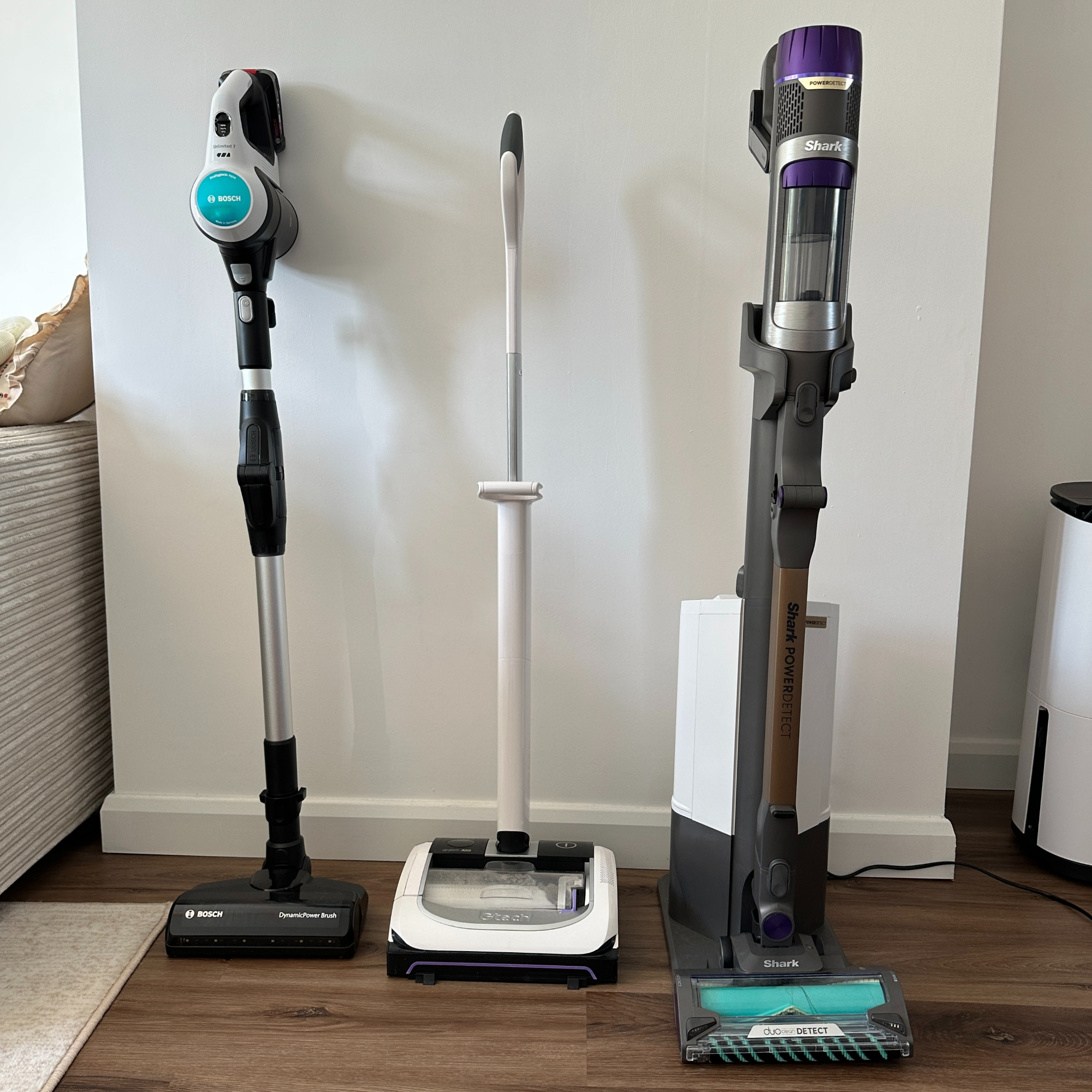
Vacuum cleaners aren’t a one-size-fits-all purchase, as different vacuum cleaners will suit different people and their needs. So, if you want to know how to choose a vacuum cleaner, you first need to understand the different types of vacuum cleaners and what they are.
The three main types of vacuum cleaners in the UK are upright, canister, and stick vacuums. And Sophie explains a little more about their perks and uses.
She says, ‘Upright vacuums are excellent for deep cleaning carpets due to their power, though they can be quite heavy. Canister vacuums are versatile and work well on hard floors and stairs; they’re easier to manoeuvre, and lightweight options are available. Stick vacuums are lightweight and perfect for quick clean-ups, offering a run time of between 55–60 minutes.’
However, you also shouldn’t discount the best handheld vacuum cleaners and the best robot vacuum cleaners as you may require these instead of - or in addition to - one of the above options. To break down the ins and outs of these different types of vacuums, I've put together the following table:
Of course, some brands offer customers even more with their vacuum cleaners with the addition of tools and accessories as standard.
Sophie says, ‘Attachments and accessories enhance the vacuum’s versatility. Look for features such as crevice tools, upholstery brushes, and pet hair tools, which can make cleaning more effective.’ You just need to make sure you’re using the right tools for each job and understand that not all vacuum cleaner tools are universal, which may affect how you can use them.
2. What size home do I have?
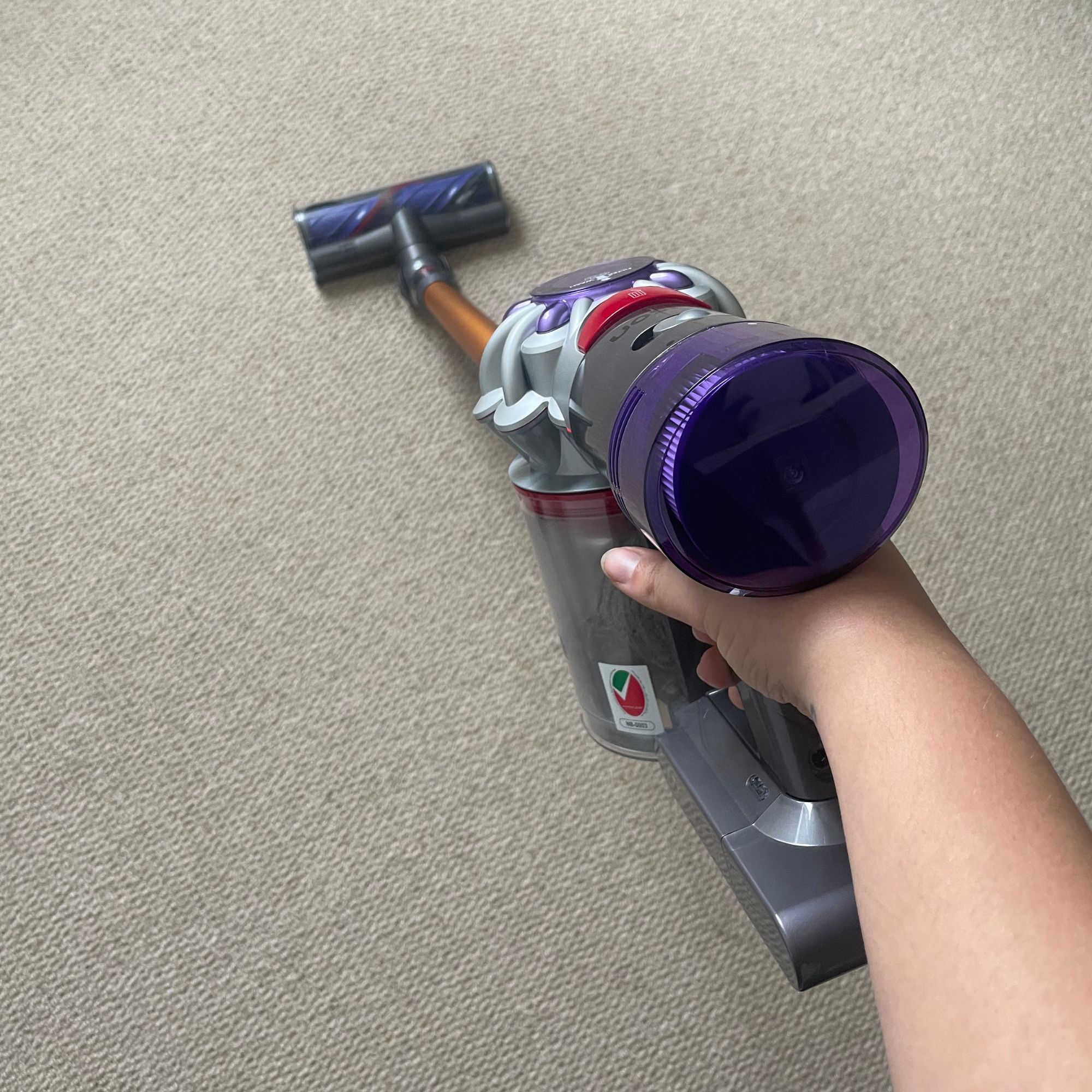
You also need to consider the size of your home when choosing a vacuum cleaner, as some models suit larger homes while others will be better for those in smaller dwellings. In some cases, certain vacuum cleaners (I'm looking at you, upright vacuums) will also only suit those in flats or bungalows without stairs.
Generally, the rule of thumb is that the larger the home, the larger the dust bin and the longer run-time you’ll need and vice versa. And the size of your home is ultimately one of the determining factors as to whether cordless vacuum cleaners are worth it, as they’re often better suited to smaller homes with their smaller dust bins and batteries with shorter running times.
So, the size of your home will ultimately affect how efficiently you use your vacuum cleaner. That’s why those with larger homes should lean more towards corded upright or cylinder vacuums to ensure that they can vacuum their whole house without emptying the dustbin regularly or running out of charge halfway through. Then, they could also have a handheld vacuum for the smaller jobs and secret nooks and crannies.
Those with smaller homes typically suit a stick vacuum better, as the shorter battery life won’t be too much of an issue, and you may still be able to vacuum your whole home without having to empty the dust bin. However, a cylinder vacuum could also work if you opt for one on the smaller side.
3. What types of flooring do I have?
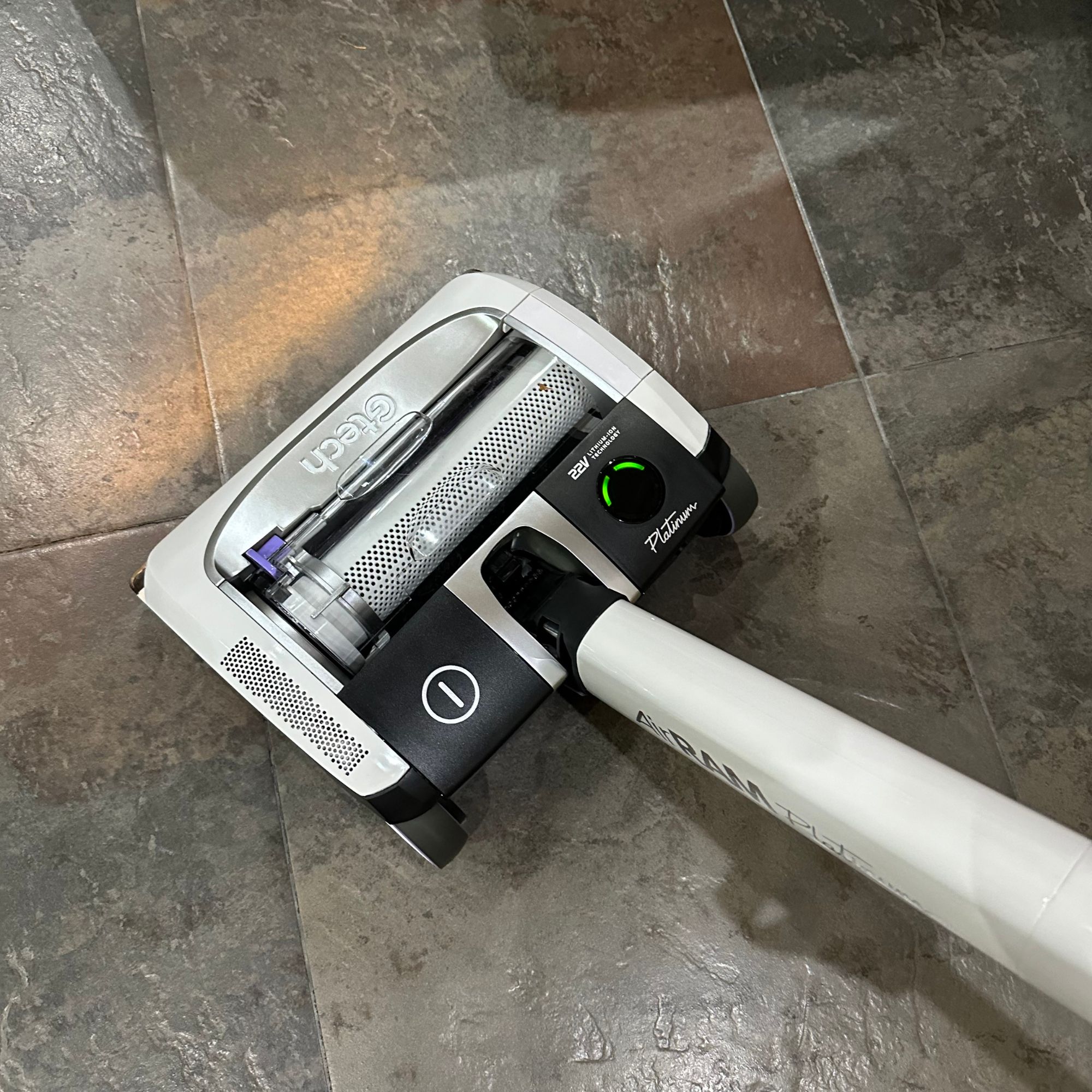
To narrow your search further, you need to consider the types of flooring you have in your home. Do you regularly have to clean wooden floors, or is your home primarily kitted out in carpet? This will help you choose a vacuum cleaner, as some makes and models excel on different flooring types.
Atit Chopra, Product Development Director at Beldray says, ‘Start with the flooring of your home. For carpets, a vacuum that provides a strong suction is ideal, while hard floors benefit from models with soft brush attachments to prevent scratches.’
That’s why it’s always a good idea to understand how much suction a vacuum has before buying it if you’ll spend the majority of your time cleaning carpets in your home. This will ensure your vacuum will be able to remove dirt, debris, and hair that’s embedded into the deepest fibres - especially if you want to vacuum pet hair.
The write-up of the vacuum you’re interested in should give you more information on how it fares on both types of flooring. But if you want an all-rounder, opt for one that offers impressive suction for carpet and the tools required for hard flooring.
4. What are my vacuuming needs?
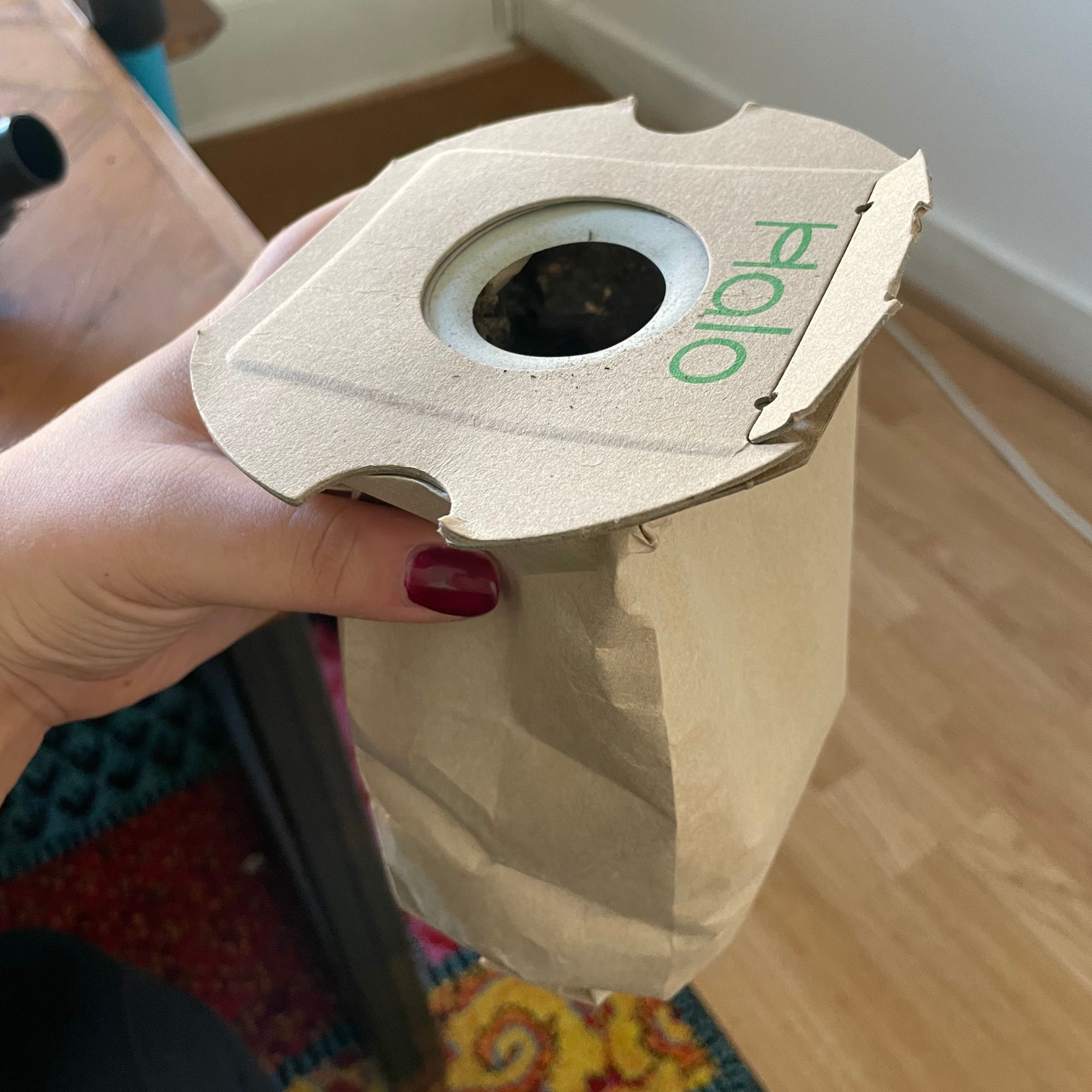
Every home is different, and so is everyone living in that home. Because of this, you must also consider your vacuuming needs when choosing a vacuum cleaner.
For example, those with mobility or dexterity issues may struggle with the physical demands of a cylinder vacuum cleaner and the weight of an upright vacuum cleaner but will find the perfect vacuum in the form of a stick model. After all, one of the main differences between an upright vacuum and a stick vacuum is the weight and the portability factor.
If you are constantly trying to clean a house with pets, your needs will also be different to those who don’t live with any furry friends. Not only will you need a vacuum cleaner with anti-hair-wrap technology, but you’ll also need to take note of the attachments that may or may not come with a vacuum cleaner.
Atit adds, ‘If your home has pets, a vacuum with specialised pet hair tools and strong filtration to trap allergens is more suitable. HEPA filters are excellent for this as they trap fine dust particles, benefiting homes with allergies. Bagged vacuums are better for allergy sufferers – while bagless models offer easy emptying and cost savings over time.’
The filter and the bagged vs bagless vacuum cleaner debate is definitely something you need to consider if you regularly suffer from allergies, as some vacuum cleaners can spread dust which can make them worse if you’re not careful.
Of course, if you already have a sufficient vacuum cleaner and you’re on the lookout for another - or perhaps an extra vacuum cleaner to clean the car - it may be that a handheld vacuum cleaner would suffice.
5. What storage space do I have?
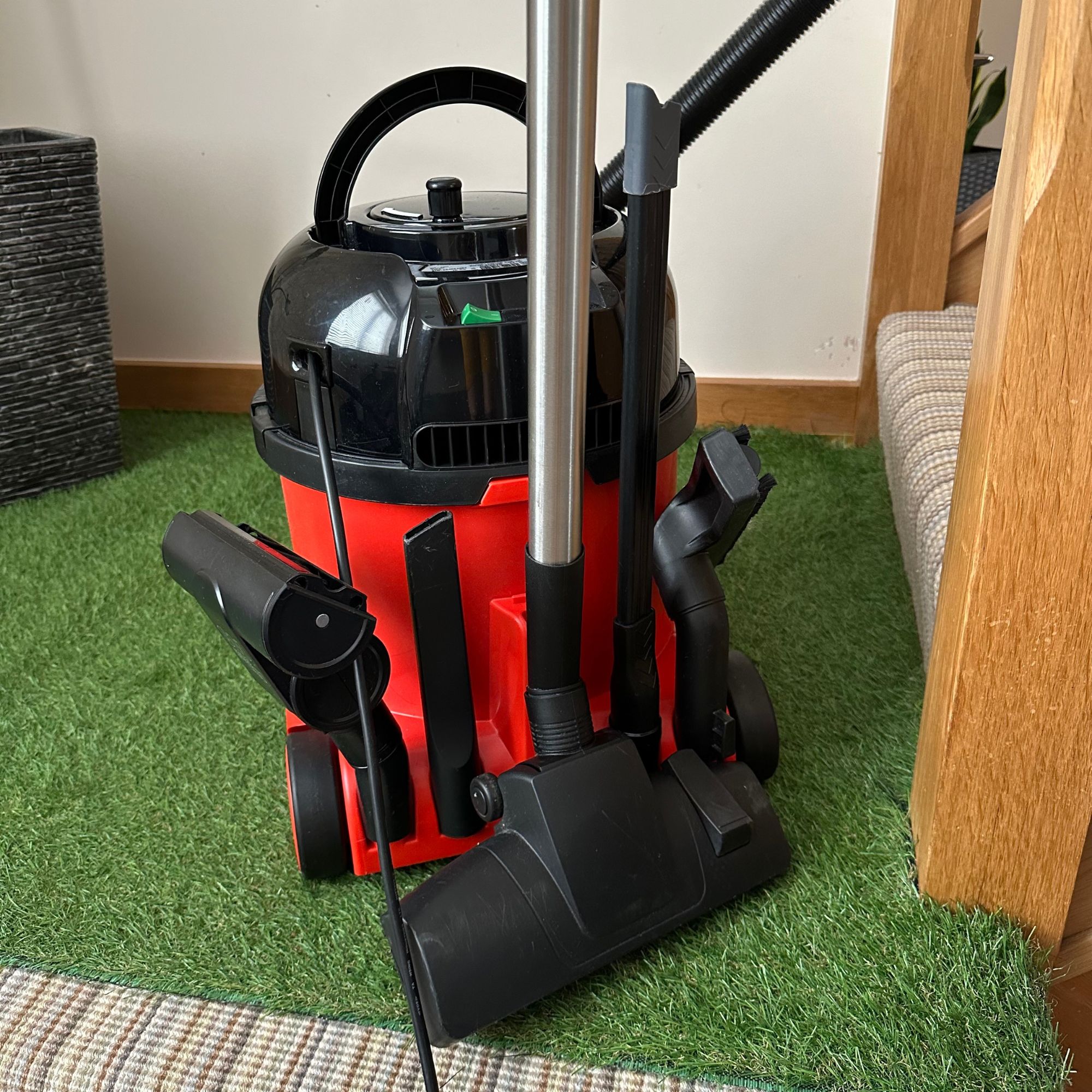
You'll need storage space if you want to hide a vacuum cleaner. This isn’t something that everyone will have on tap, especially in smaller homes or for those looking to buy a larger vacuum cleaner such as an upright vacuum. And this can make knowing how to choose a vacuum cleaner extremely difficult.
However, Catrin Davies, Senior Product Manager at Hoover SDA, advises, ‘If space is tight, look for a vacuum designed for compact storage.’ In this instance, a canister vacuum may suit you best, as many of them are designed to store the hoses, nozzles, and tubes tightly around the main body.
She adds, ‘If purchasing a cordless vacuum, look for one with a removable battery – this allows you to store the vacuum in a cupboard while the battery is being charged at a convenient power socket. If this isn’t a convenient solution for you, look for one that can stand up unaided, or that folds over to fit in a cupboard.’
With this in mind, we’d always suggest that you decide where you want to store your vacuum and measure the space before committing to a brand-new vacuum. This way, you can be confident that you can store it properly.
6. How smart do I want it to be?
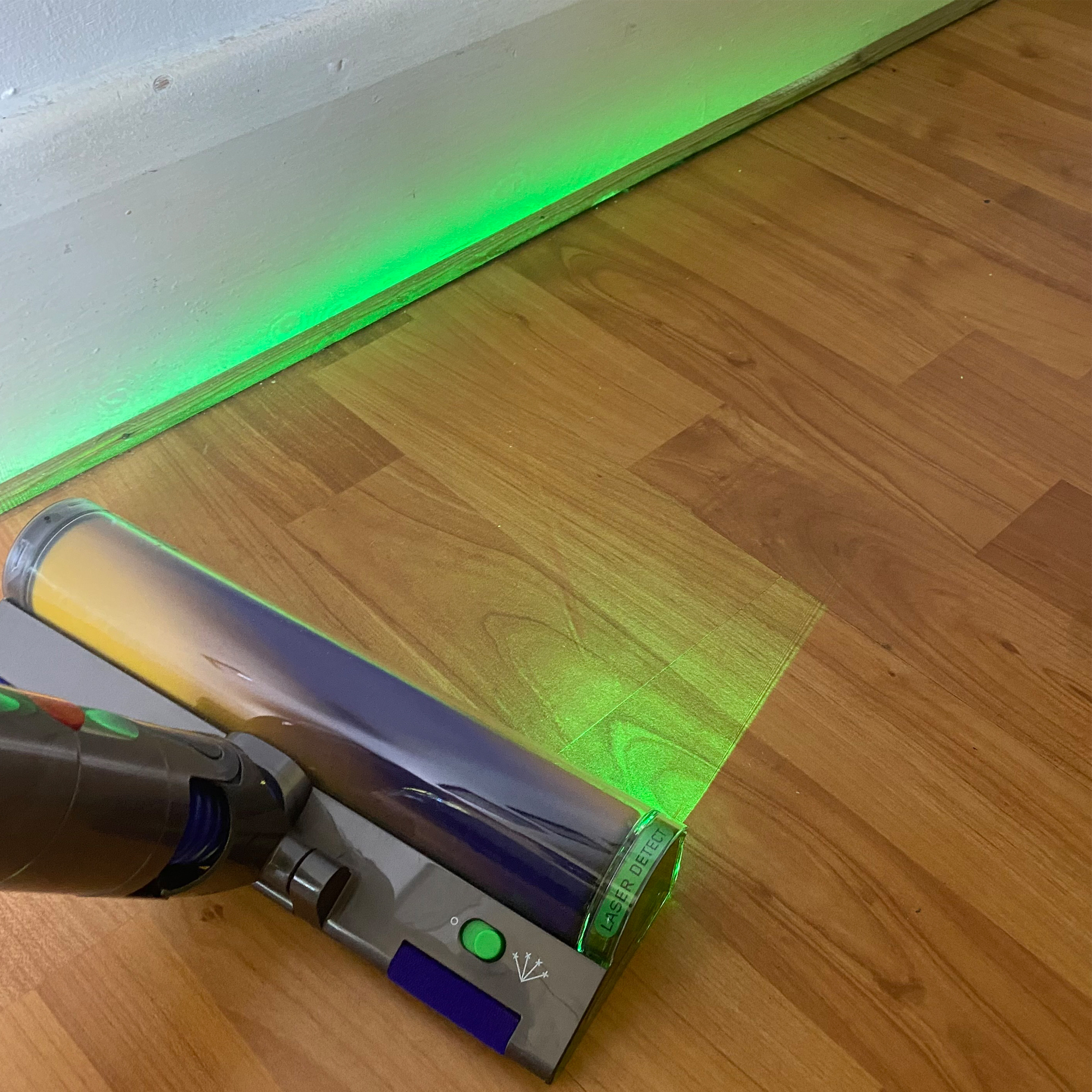
In a world where smart technology reigns supreme, it should come as no surprise to learn that many modern vacuums are becoming increasingly smart, too. So, if you want to know how to choose a vacuum cleaner, you also need to consider how smart you want it to be.
Do you prefer a vacuum cleaner that gets the job done without the bells and whistles? Or do you want to rely on clever features and smart technology to ensure a perfectly clean house every time?
From Dyson’s piezo sensor that converts vibrations into electrical signals to Shark’s auto-emptying systems, these smart systems can make cleaning easier and more efficient. However, this is a personal choice and something you can only decide for yourself.
7. How much money do I want to spend?
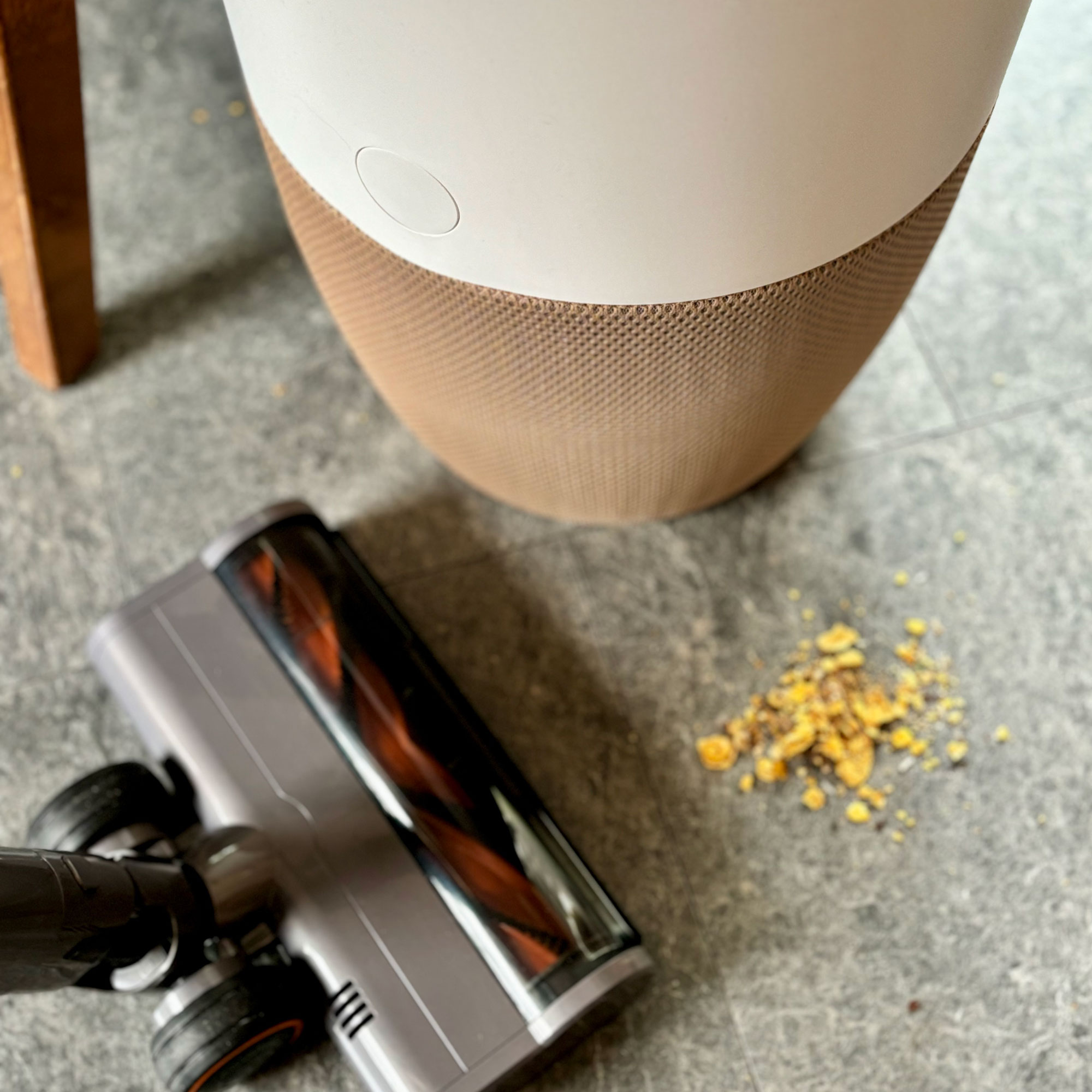
Considering all of the above, you should also ask yourself how much money you want to spend on a new vacuum cleaner, as this will easily help you discount certain makes and models that exceed your budget.
Of course, this ultimately depends on the type of vacuum you want - handheld vacuums are significantly cheaper than upright or robot vacuums, for example. But having a rough idea of how much you want to spend before you start looking will allow you to only search for vacuums within your remit.
It’s also important to note that vacuums within the same category can also vary in price. For example, you could buy a stick vacuum for just £100, or you could easily spend over £500 if you get caught up in the Shark vs. Dyson debate.
After testing countless vacuums, I can honestly say that on 99% of occasions, you won’t regret spending more on your vacuum cleaner, as higher price points typically result in higher quality products. But you don’t want to spend your life savings on a vacuum, so be realistic with your budget.
Best vacuum cleaners - my top picks
If you have the money to spend on an excellent, high-quality vacuum cleaner, this is the one I'd recommend. It's been crowned the 'best overall' in our guide and offers an incredible 70-minute run-time - the longest run time for a cordless vacuum I've ever come across.
Have a mixture of hard flooring and carpet in your house? This Shark offering will be ideal for you. For a stick vacuum it's also incredibly smart and auto-senses the right level of suction needed for your floor type and the cleanliness of your home as a whole.
If your vacuum choice is restricted by budget but you still want a hardworking vacuum (and you have the storage space), I recommend this Henry Hoover. With extra floorheads and a 9-litre dustbin capacity, it's one of the most reliable vacuums out there.
FAQs
What is a good suction power for vacuum cleaner?
When choosing a new vacuum cleaner, you can tell the suction power by looking for a number with the letters AW after it. This stands for air watts, the unit of measurement that represents the true suction power of a vacuum.
Ultimately, the higher the AW number, the better the suction power. And if you want to choose a good suction power for a household vacuum cleaner, you should aim for a number between 100-300AW.
This should be sufficient for both everyday cleaning and deeper cleaning, but corded vacuum cleaners typically have a higher AW rating than cordless vacuums. In fact, some cordless vacuums could have an AW rating of under 100 - which is why it’s always important to check this stat before buying.
Do you really need an expensive vacuum?
How much you want to spend on a vacuum is down to your personal preference and your budget. But if you have the money to buy an expensive vacuum, you probably won’t regret it.
That’s because expensive vacuums are normally expensive for a reason, and even big-name brands (which typically have a big price tag) make sure that their expensive models are equipped with all of the latest cleaning technology and features.
This will give your house a deeper clean while also lasting longer thanks to high-quality materials and construction.
Even if you don't have a limitless pot, buying the most expensive vacuum cleaner you can afford will most likely give you the most features and best suction power for your budget.







